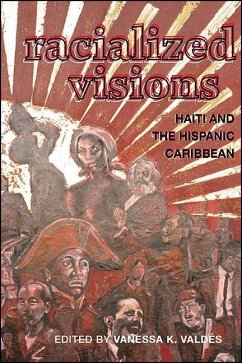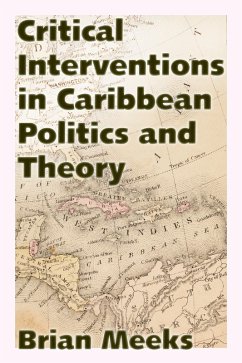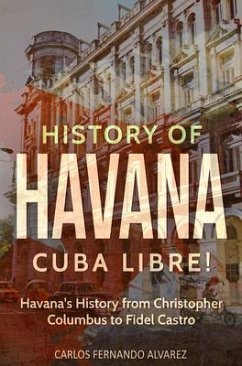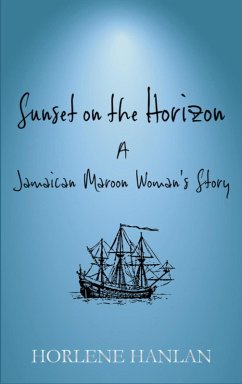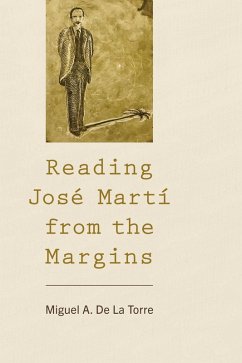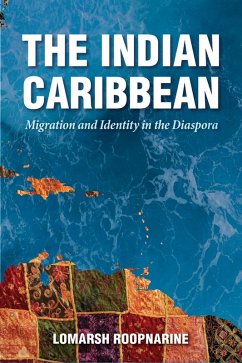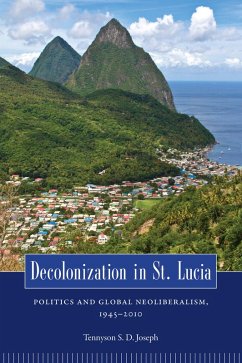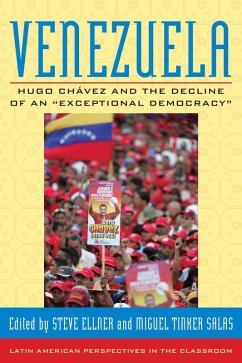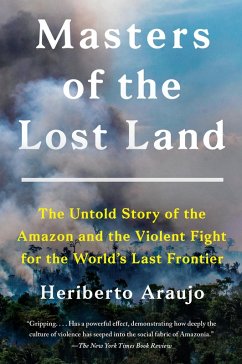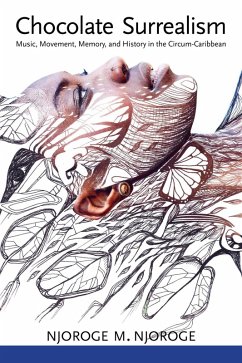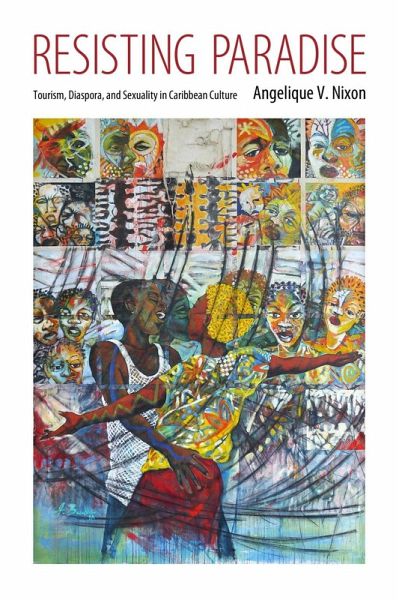
Resisting Paradise (eBook, ePUB)
Tourism, Diaspora, and Sexuality in Caribbean Culture
Versandkostenfrei!
Sofort per Download lieferbar
16,95 €
inkl. MwSt.
Weitere Ausgaben:

PAYBACK Punkte
8 °P sammeln!
Winner of the Caribbean Studies Association's 2016 Barbara T. Christian Award for Best Book in the Humanities Tourists flock to the Caribbean for its beaches and spread more than just blankets and dollars. Indeed, tourism has overly affected the culture there. Resisting Paradise explores the import of both tourism and diaspora in shaping Caribbean identity. It examines Caribbean writers and others who confront the region's overdependence on the tourist industry and the many ways that tourism continues the legacy of colonialism. Angelique V. Nixon interrogates the relationship between culture a...
Winner of the Caribbean Studies Association's 2016 Barbara T. Christian Award for Best Book in the Humanities
Tourists flock to the Caribbean for its beaches and spread more than just blankets and dollars. Indeed, tourism has overly affected the culture there. Resisting Paradise explores the import of both tourism and diaspora in shaping Caribbean identity. It examines Caribbean writers and others who confront the region's overdependence on the tourist industry and the many ways that tourism continues the legacy of colonialism.
Angelique V. Nixon interrogates the relationship between culture and sex within the production of "paradise" and investigates the ways in which Caribbean writers, artists, and activists respond to and powerfully resist this production. Forms of resistance include critiquing exploitation, challenging dominant historical narratives, exposing tourism's influence on cultural and sexual identity in the Caribbean and its diaspora, and offering alternative models of tourism and travel.
Resisting Paradise places emphasis on the Caribbean people and its diasporic subjects as travelers and as cultural workers contributing to alternate and defiant understandings of tourism in the region. Through a unique multidisciplinary approach to comparative literary analysis, interviews, and participant observation, Nixon analyzes the ways Caribbean cultural producers are taking control of representation. While focused mainly on the Anglophone Caribbean, the study covers a range of territories including Antigua, the Bahamas, Grenada, Haiti, Jamaica, as well as Trinidad and Tobago, to deliver a potent critique.
Tourists flock to the Caribbean for its beaches and spread more than just blankets and dollars. Indeed, tourism has overly affected the culture there. Resisting Paradise explores the import of both tourism and diaspora in shaping Caribbean identity. It examines Caribbean writers and others who confront the region's overdependence on the tourist industry and the many ways that tourism continues the legacy of colonialism.
Angelique V. Nixon interrogates the relationship between culture and sex within the production of "paradise" and investigates the ways in which Caribbean writers, artists, and activists respond to and powerfully resist this production. Forms of resistance include critiquing exploitation, challenging dominant historical narratives, exposing tourism's influence on cultural and sexual identity in the Caribbean and its diaspora, and offering alternative models of tourism and travel.
Resisting Paradise places emphasis on the Caribbean people and its diasporic subjects as travelers and as cultural workers contributing to alternate and defiant understandings of tourism in the region. Through a unique multidisciplinary approach to comparative literary analysis, interviews, and participant observation, Nixon analyzes the ways Caribbean cultural producers are taking control of representation. While focused mainly on the Anglophone Caribbean, the study covers a range of territories including Antigua, the Bahamas, Grenada, Haiti, Jamaica, as well as Trinidad and Tobago, to deliver a potent critique.
Dieser Download kann aus rechtlichen Gründen nur mit Rechnungsadresse in A, D ausgeliefert werden.




